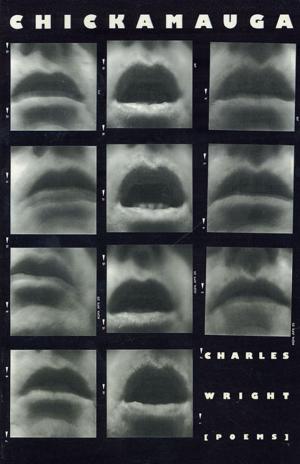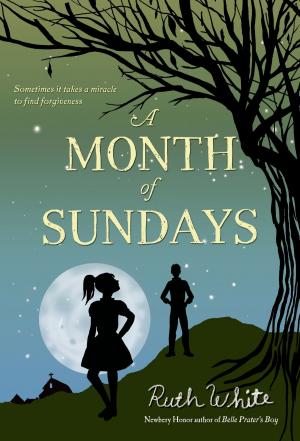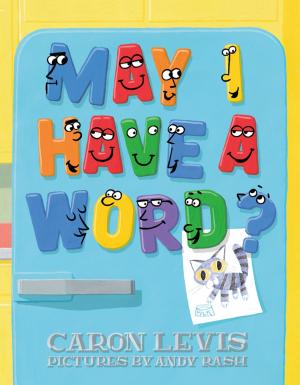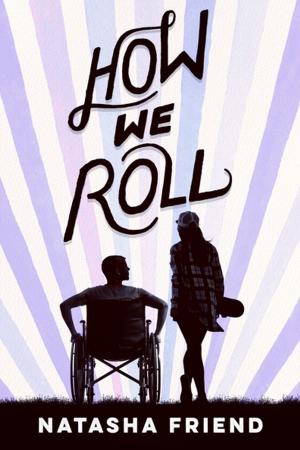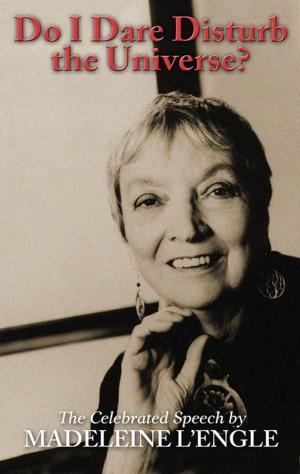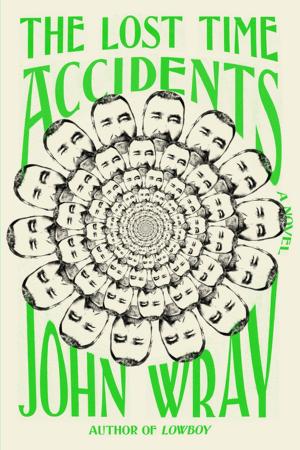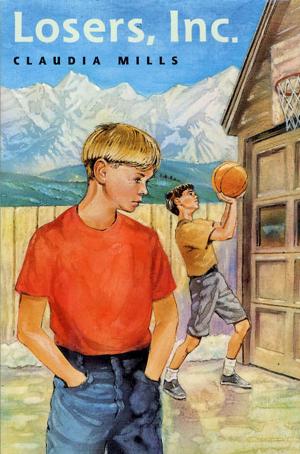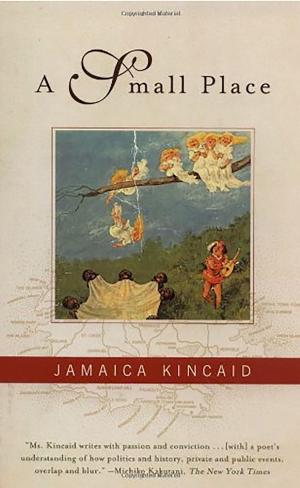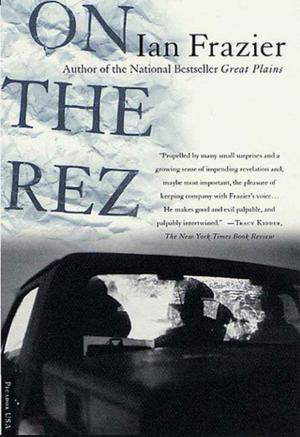| Author: | Paul Beatty | ISBN: | 9780374712242 |
| Publisher: | Farrar, Straus and Giroux | Publication: | March 3, 2015 |
| Imprint: | Farrar, Straus and Giroux | Language: | English |
| Author: | Paul Beatty |
| ISBN: | 9780374712242 |
| Publisher: | Farrar, Straus and Giroux |
| Publication: | March 3, 2015 |
| Imprint: | Farrar, Straus and Giroux |
| Language: | English |
Winner of the Man Booker Prize
Winner of the National Book Critics Circle Award in Fiction
Winner of the John Dos Passos Prize for Literature
New York Times Bestseller
Los Angeles Times Bestseller
Named One of the 10 Best Books of the Year by The New York Times Book Review
Named a Best Book of the Year by Newsweek, The Denver Post, BuzzFeed, Kirkus Reviews, and Publishers Weekly
Named a "Must-Read" by Flavorwire and New York Magazine's "Vulture" Blog
A biting satire about a young man's isolated upbringing and the race trial that sends him to the Supreme Court, Paul Beatty's The Sellout showcases a comic genius at the top of his game. It challenges the sacred tenets of the United States Constitution, urban life, the civil rights movement, the father-son relationship, and the holy grail of racial equality—the black Chinese restaurant.
Born in the "agrarian ghetto" of Dickens—on the southern outskirts of Los Angeles—the narrator of The Sellout resigns himself to the fate of lower-middle-class Californians: "I'd die in the same bedroom I'd grown up in, looking up at the cracks in the stucco ceiling that've been there since '68 quake." Raised by a single father, a controversial sociologist, he spent his childhood as the subject in racially charged psychological studies. He is led to believe that his father's pioneering work will result in a memoir that will solve his family's financial woes. But when his father is killed in a police shoot-out, he realizes there never was a memoir. All that's left is the bill for a drive-thru funeral.
Fueled by this deceit and the general disrepair of his hometown, the narrator sets out to right another wrong: Dickens has literally been removed from the map to save California from further embarrassment. Enlisting the help of the town's most famous resident—the last surviving Little Rascal, Hominy Jenkins—he initiates the most outrageous action conceivable: reinstating slavery and segregating the local high school, which lands him in the Supreme Court.
Winner of the Man Booker Prize
Winner of the National Book Critics Circle Award in Fiction
Winner of the John Dos Passos Prize for Literature
New York Times Bestseller
Los Angeles Times Bestseller
Named One of the 10 Best Books of the Year by The New York Times Book Review
Named a Best Book of the Year by Newsweek, The Denver Post, BuzzFeed, Kirkus Reviews, and Publishers Weekly
Named a "Must-Read" by Flavorwire and New York Magazine's "Vulture" Blog
A biting satire about a young man's isolated upbringing and the race trial that sends him to the Supreme Court, Paul Beatty's The Sellout showcases a comic genius at the top of his game. It challenges the sacred tenets of the United States Constitution, urban life, the civil rights movement, the father-son relationship, and the holy grail of racial equality—the black Chinese restaurant.
Born in the "agrarian ghetto" of Dickens—on the southern outskirts of Los Angeles—the narrator of The Sellout resigns himself to the fate of lower-middle-class Californians: "I'd die in the same bedroom I'd grown up in, looking up at the cracks in the stucco ceiling that've been there since '68 quake." Raised by a single father, a controversial sociologist, he spent his childhood as the subject in racially charged psychological studies. He is led to believe that his father's pioneering work will result in a memoir that will solve his family's financial woes. But when his father is killed in a police shoot-out, he realizes there never was a memoir. All that's left is the bill for a drive-thru funeral.
Fueled by this deceit and the general disrepair of his hometown, the narrator sets out to right another wrong: Dickens has literally been removed from the map to save California from further embarrassment. Enlisting the help of the town's most famous resident—the last surviving Little Rascal, Hominy Jenkins—he initiates the most outrageous action conceivable: reinstating slavery and segregating the local high school, which lands him in the Supreme Court.

